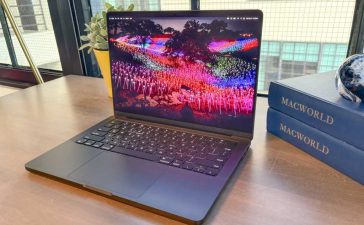While licensing might seem like fair compensation for using authored material to train AI models, experts suggest, this may not be a permanent solution. Once trained, these models can generate new content autonomously, thereby making it difficult to establish the rights of authorship.
The Indian Reprographic Rights Organization (IRRO) which represents 113 global and Indian publishing houses like Pearson, Oxford, S. Chand etc. said, it is cautious of these factors as AI companies are approaching the body for content outsourcing rights.
“These Generative AI companies, buoyed by their financial might and technological prowess, must recognise that creative works of authorship cannot be treated as mere data points for their algorithms and these works deserve utmost respect and protection both in the legal and financial realm,” said Pranav Gupta, Secretary General, IRRO.
“They must license works of authorship that they do not own—and seek to use for their gain—in the manner directed by the rightsholder. We have received blanket licensing proposals from tech companies. Some members are opposed to the idea and we are examining the best possible way to compensate authors in a fair and equitable manner,” he said.
Global developments suggest publishers are inclined to embrace Gen AI innovation for additional compensation. UK-based Wiley, a major academic publisher, announced two deals in June, to the tune of $44 million with Gen AI companies. However, market watchers are critical of the move which is giving away millions of creative works for an additional 2% revenue.
Discover the stories of your interest

US-based Copyright Clearance Center (CCC), the company that acts as an agent to publishers for arranging collective licensing of works for enterprise use, has included AI rights in its Annual Copyright License. It will allow businesses who subscribe to use copyrighted material in AI systems for internal use only.“Copyright laws, anywhere in the world, are inadequate to answer these questions,” said Ankit Sahni, Partner at Ajay Sahni Associates, who has been working to raise awareness about AI and IP by contesting several test cases across the world.
“For instance, who owns the IP of an AI-generated content – the tech company or the person who gave the prompt? Does AI have any independent authorshiprights? Who is responsible if an AI tool generates output that infringes a third party’s IP rights?” Sahni asked.
Raj Shekhar, responsible AI lead at India’s apex technology body Nasscom said licensing deals could only serve as a temporary solution. Legislative reform is necessary to ensure these agreements are negotiated fairly and equitably.
“I’ve observed two potential scenarios: one where a human author creates content independently, using generative AI solely for refinement, and another where the author prompts or instructs the AI to generate “new content”. It’s pertinent to note that in neither case can the AI model be considered to produce anything “on its own”,” he said.
He explained that the concept of authorship is undergoing a profound transformation. “While I don’t believe AI will completely replace human authors, it could certainly challenge them in terms of creativity and output,” Shekhar said.











